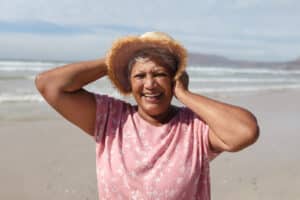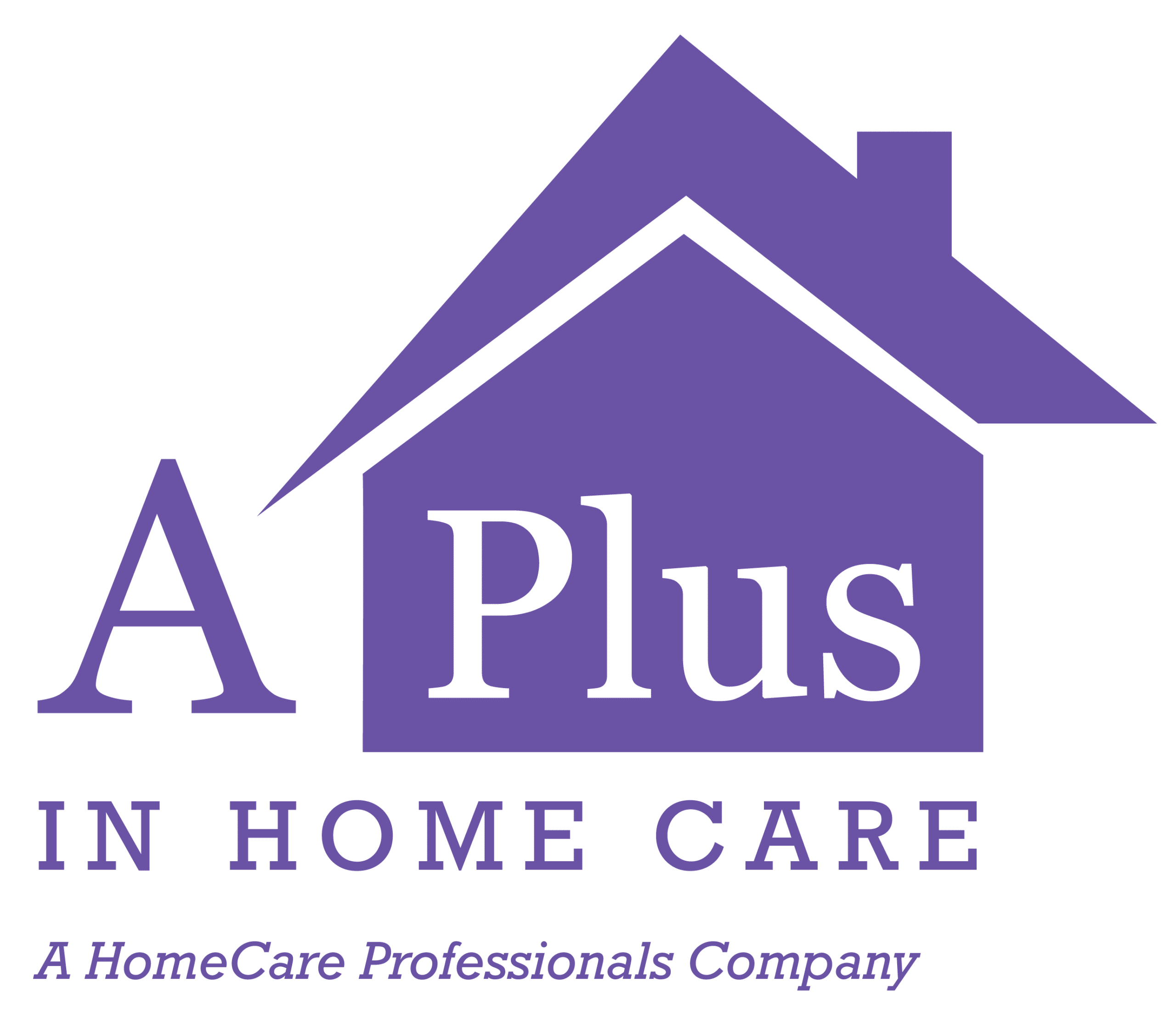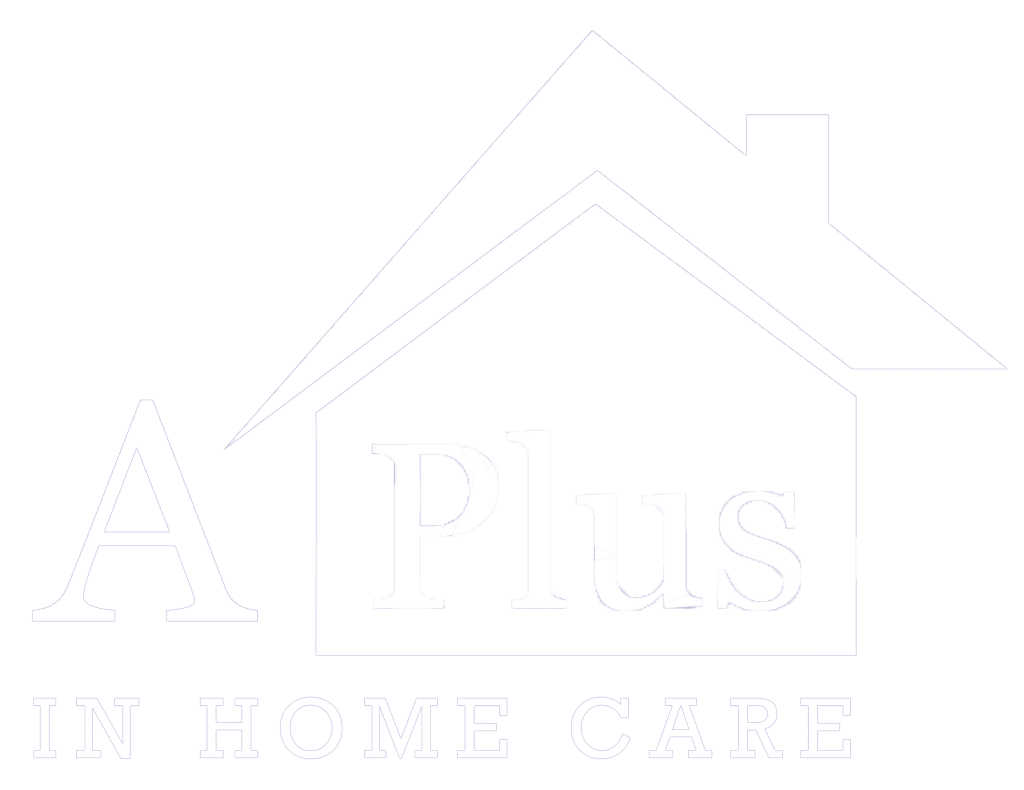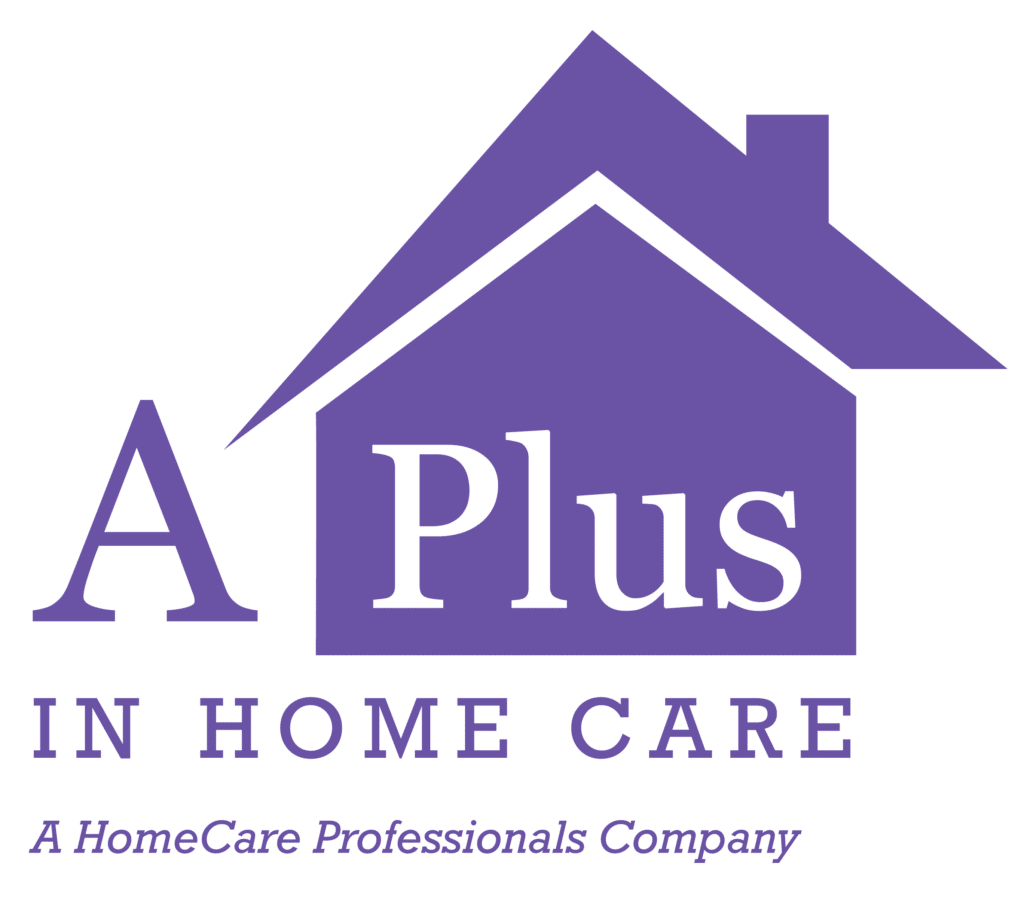When your senior becomes too hot, they are at risk of heat stroke. This means they become a temperature above 100 degrees, usually around 104 Fahrenheit. As the years progress, the months become hotter, and August is typically one of the hottest times of the year. If your senior is experiencing heat stroke, you must ensure they ha/ve a way to the hospital immediately. In-home care services may only provide non-emergency and non-medical transportation, but they can help call an ambulance to rush your loved one to the hospital promptly to treat heat stroke.
If you’re not sure whether or not your senior loved one is experiencing heat stroke, here are some things to look for.
Their Skin Becomes Hot
If your senior’s skin looks dried out, red, and hot to the touch, this is often the first sign of heat stroke. In-home care may rub more SPF onto their skin when they notice this. It is important to note that although SPF is important when it is hot out, it will not protect your loved one from heat stroke. Wearing lightweight, loose-fitting clothing and using hats or umbrellas to block direct sunlight can help reduce the risk of heat stroke during summer months. The next best thing your loved one can do is stay hydrated. Drinking enough fluids will help ensure they can control and regulate their body’s temperature and help keep them cool throughout the day, especially if they plan to be outside.
Behavioral Changes
If your loved one likes to spend time in the garden, this should be something they continue to do. However, you should note any personality changes if they go out to the garden at midday. They may come back confused or disoriented, which can be a sign of dehydration or heat stroke. Ensure that in-home care gives them water throughout their time outside and encourages them to take breaks in the shade while regularly checking their body’s temperature.
Severe Muscle Weakness
Your senior may start feeling extremely weak if they are suffering from heat stroke. If they are unable to stand or hold objects, it could be a sign that they are overheating and need medical help. However, if they have overexerted themselves in physical activity, it can also lead to muscle weakness. So, look at their environment, what they were doing, if they were in the shade and drinking water before jumping to conclusions.

Dizziness and Nausea
If your senior starts experiencing nausea after being outside, it is time for your loved one to go to the hospital to get help. Dizziness can also be a huge problem for seniors, and this can lead to falls and other injuries if not addressed. Your senior could also experience seizures due to heat stroke, which you will want to avoid if possible. If someone is having a seizure, stay calm, keep them safe from any nearby hazards, time the seizure duration, and after the seizure ends, help them into a comfortable position on their side and seek medical assistance. In-home care should call an ambulance to get your loved one to the hospital.
If you or an aging loved one are considering In-Home Care Services in Selma CA please get in touch with the caring staff at A-Plus In Home Care, Inc. today. Call (559) 224-9442.
A-Plus In Home Care, Inc. is a Trusted Home Care Agency serving Fresno, Clovis, Sunnyside, Fowler, Reedley, Selma, Sanger, Madera CA, and surrounding areas.
- Clear Communication With Care Providers Is Key - April 15, 2025
- Home Care Can Be There For Your Senior Parent When You Can’t - April 1, 2025
- How To Talk To Your Senior Parent About In-Home Care - March 19, 2025




